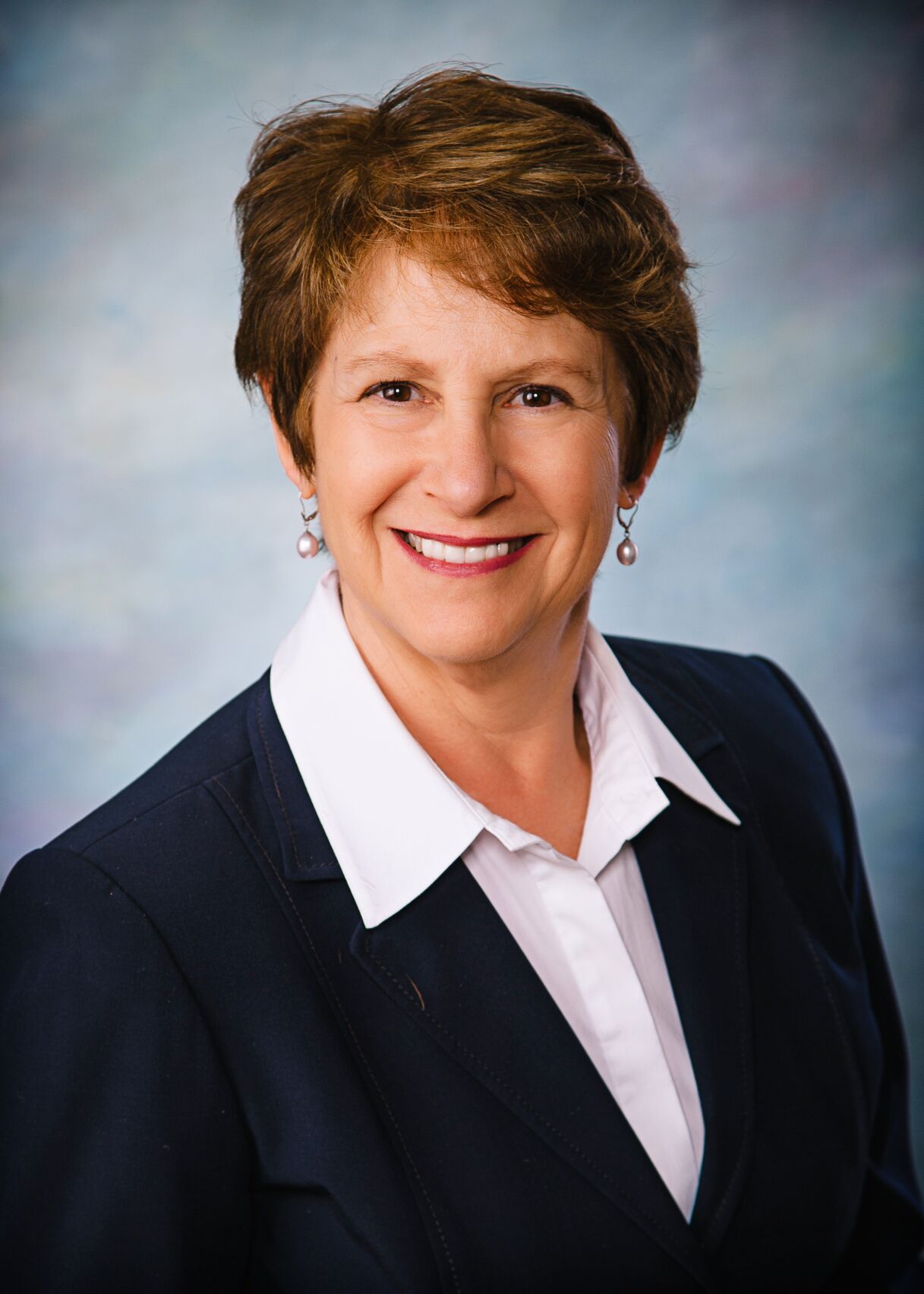To learn more about the Community Equity Profile, visit dbqfoundation.org/equityprofile.
When we share our voices and listen to others, there’s no limit to what we can learn about the community.
In the past few months, we at the Community Foundation of Greater Dubuque have asked residents about their experiences with housing, employment and education. Their responses have been enlightening. Here are a few examples:
• “I don’t earn enough on a single income to live in decent housing.”
• “I love my neighborhood.”
• “I volunteer with members of the refugee community and know they work long hours for low pay and live in rundown apartments. They are good people who deserve better.”
• “Our organization has put into place a diversity, equity and inclusion committee, been providing educational events and exploring a variety of topics to better serve our customers and our employees.”
The people who have responded clearly are passionate about their community. Each person has a story to share, and that story is a gift that will help strengthen Dubuque for future generations.
These responses, shared through surveys and conversations, will help create the Community Equity Profile, a snapshot of Dubuque today that provides insights for how to enhance the quality of life for all people who live here.
The community is central to this process, including businesses and organization leaders. Organizations like Green State Credit Union, the Greater Dubuque Development Corp. and Northeast Iowa Community College have lent their expertise to panel discussions hosted by our partners at TH Media.
Businesses like John Deere Dubuque Works have committed to hosting community conversations for their own employees to provide input. And the Community Foundation’s Business Leader Equity Cohort, which comprises about 30 CEOs executives, have made reviewing data gained from the Equity Profile process a major part of their meetings.
The Equity Profile can be a valuable tool for building a welcoming and inclusive region.
For us at the Community Foundation, it provides a deeper understanding of people’s strengths and their needs so we can work with nonprofit partners to direct resources where they can make the most impact. For local leaders like educators, business owners and elected officials, the Equity Profile can provide information about the community that helps them make decisions that improve lives.
The input contributed to the previous Equity Profile in 2015 made a significant difference.
For example, it inspired the Dubuque Community School District to make equity a key part of its strategic plan. After the profile was published, the district began disaggregating its student data by race and ethnicity, leading to insights about different demographic groups that changed the way it approaches education.
The 2015 Equity Profile also led to the formation of volunteer “sector groups” that dug deeper into the seven areas of the profile and made recommendations for how the community could be more equitable and inclusive when it came to issues like housing, arts and culture, and job access.
Dubuque has changed a lot in the past seven years, and it’s time for some introspection. What’s working? What opportunities exist for improvement? Who is thriving? Who needs access to resources?
Everyone is invited to join a community conversation or attend a panel discussion to learn more about issues in the region. Share your story or just come to listen. Take an online survey and anonymously share additional details about your experiences. If you lead a business, nonprofit or civic group, consider hosting a conversation for your employees or constituents. We are happy to provide details about how to do it.
You can play a role. All it takes is willingness to share your voice and listen to others.


